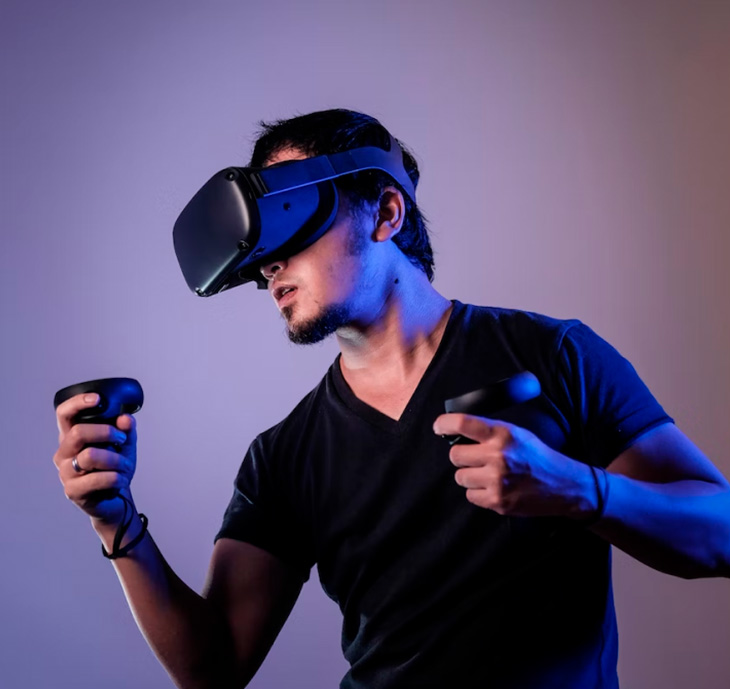The hiring process is the gateway to building a successful and diverse workforce. It’s where organizations welcome new talent and fresh perspectives. However, beneath the surface of many hiring processes lies a hidden obstacle: bias. This bias, often unintentional and subconscious, can hinder the creation of diverse and inclusive teams. In this article, we’ll explore the concept of bias in hiring, its impact, and how organizations can navigate this obstacle to foster inclusivity.
The Hidden Impact of Bias in Hiring
Economists from the University of California Berkeley and the University of Chicago conducted a revealing study. They sent 83,000 job applications to 108 Fortune 500 employers — half with traditionally white-sounding names and the other half with distinctively Black-sounding names.
Applicants with Black names were called back 10% fewer times across the board — and even less when it came to specific companies — despite having comparable applications to their white counterparts. This stark example highlights the pervasive issue of bias in hiring, which extends beyond names to various aspects of a candidate’s identity.
Understanding Bias in Hiring
Bias in hiring refers to the unconscious preferences or prejudices that influence hiring decisions. These biases can be based on various factors, such as race, gender, age, neurodiversity, or even non-job-related attributes like a candidate’s name. Common types of bias in hiring include:
Confirmation Bias: The tendency to favor candidates who confirm preexisting beliefs or stereotypes.
Halo Effect: When one positive trait or experience of a candidate influences the overall perception of their qualifications.
Similarity Bias: The inclination to prefer candidates who share similar backgrounds or interests with the hiring manager.
Affinity Bias: The tendency to favor candidates who share similar interests, hobbies, or characteristics with the hiring manager.
By acknowledging these biases, organizations can take concrete steps to identify and mitigate them, creating a fairer and more inclusive hiring process.
The Impact of Bias in Hiring
The consequences of bias in hiring are far-reaching. When hiring decisions are influenced by bias, organizations may inadvertently exclude qualified candidates who bring diverse perspectives to the table. This lack of diversity can lead to:
Homogeneity: Teams that lack diversity are more likely to think and operate similarly, stifling innovation and creative problem-solving.
Inequity: Bias in hiring perpetuates systemic inequalities, limiting opportunities for underrepresented groups.
Reputation Damage: Organizations that are perceived as biased may struggle to attract diverse talent and can face public backlash.
Legal Implications: Discriminatory hiring practices can lead to legal issues and costly lawsuits.
Navigating Bias in Hiring
Addressing bias in hiring requires a multifaceted approach. Here are some strategies organizations can implement:
Diversity Training: Provide training to hiring managers and interviewers on recognizing and mitigating bias in the hiring process.
Structured Interviews: Develop standardized interview questions and evaluation criteria to ensure consistency and fairness.
Blind Recruitment: Remove identifying information (such as names and photos) from initial application materials to minimize unconscious biases.
Diverse Hiring Panels: Include a diverse group of interviewers to assess candidates from various perspectives.
Data Analysis: Regularly analyze hiring data to identify and address disparities in the selection process.
Empowering Equitable Hiring with Kiin
At Kiin, we are committed to helping organizations tackle bias in hiring. Our upcoming immersive training experience, “Bias In Hiring,” is designed to immerse hiring managers in unique perspectives, revealing any potential biases they might unknowingly hold.
By stepping into the shoes of others, managers will develop greater empathy for diverse interviewees and make strides toward a more inclusive hiring process.
Our mission is to empower organizations to build diverse, equitable, and inclusive teams. Through innovative technology and a commitment to change, we strive to create workplaces where bias in hiring is a thing of the past.






